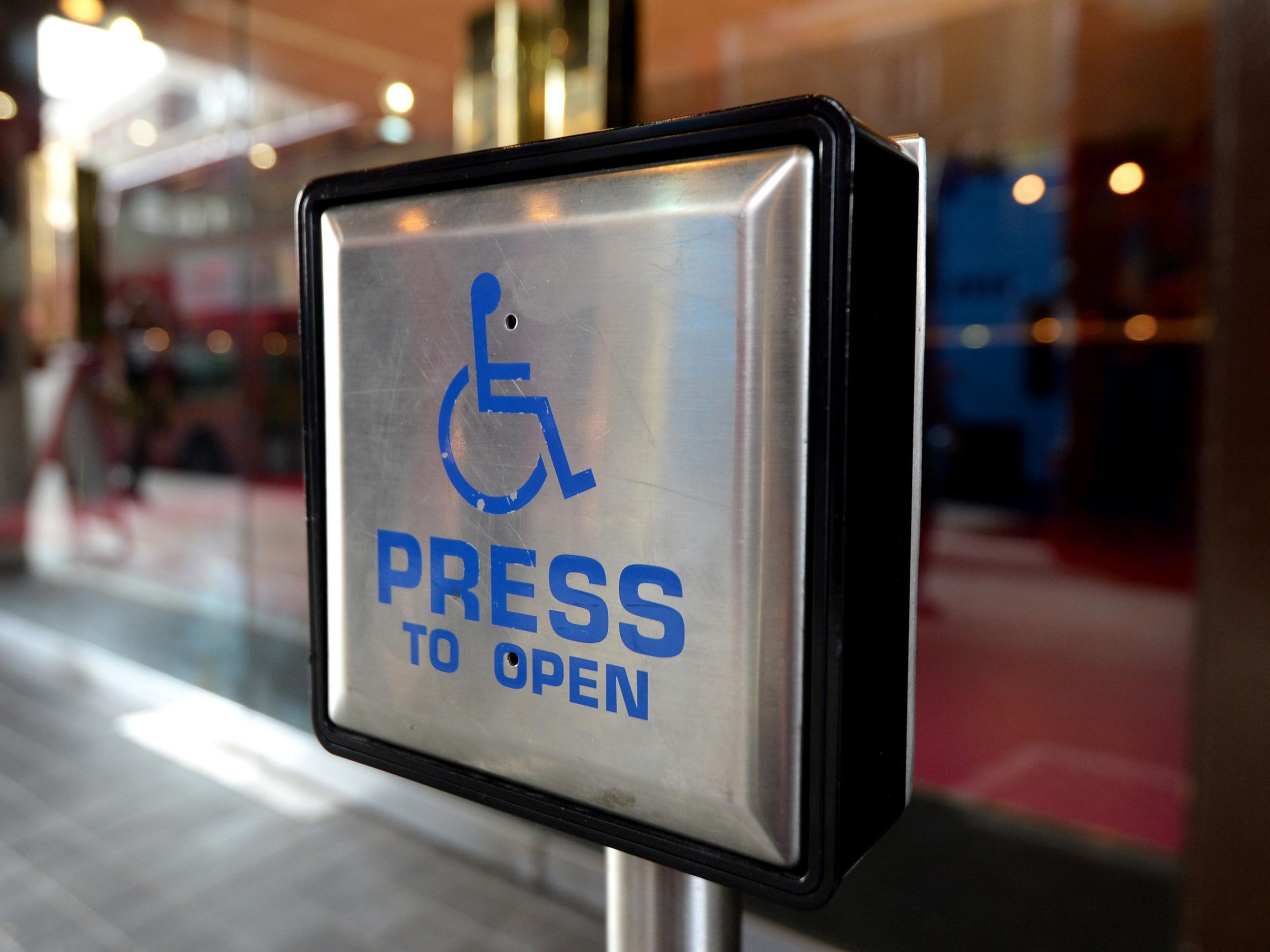I’m insulted regularly. My crime? Using a wheelchair
The story of the quadriplegic kept prisoner by his wife and her lover is appalling – but the abuse disabled people like me suffer is all too commonplace, writes James Moore


Being dependent upon other people is no joke.
I experienced it during a three-month long hospital spell after a cycling accident which left me using a wheelchair – and for some time afterwards, while I was adjusting to a body with new limits and working with physiotherapists to get the most I could out of it.
When your carers fail – like the nurse who lashed out at me for pressing the call button when I was in dire need of morphine – it is very frightening. It wounds. It leaves scars. I still have them. I still suffer from flashbacks.
However, traumatic as that incident was, it utterly pales by comparison to what Tom Somerset-How lived through. He spent four years as a hostage of his wife Sarah, 49, and George Webb, 50, whom she had hired to act as a live-in carer, but turned into something more like a live-in abuser while the pair conducted an affair.
In an interview with the Daily Mail, Somerset-How – a quadraplegic with cerebral palsy – recounted how he was forced to “live in squalor” with 95 per cent of his time spent in a filthy bed while he was fed barely enough to keep him alive.
The pair responsible for this dismal state of affairs were, meanwhile, taking his benefit payments for themselves.
They were ultimately found guilty of holding a person in slavery or servitude and jailed for 11 years. That is a long stretch, although reading what he endured for four years – the judge described it as “gratuitous degradation” – it still doesn’t seem like enough. If it had been allowed to continue, it isn’t hard to see where this might have ended up.
“Following their arrest, George texted Sarah, ‘He’s won’. And she replied: “No way, over my dead body, will I let that spastic win.’ To hear that she hated me that much was hard,” Somerset-How told the newspaper.
I would classify that as an example of a very British understatement. His abusers were indulging in ableism – prioritising the needs of non-disabled people and assuming their life experiences are “the norm” – at its most raw. Coming from a (former) loved one... words fail me. It is a vile insult after grievous injury.
Sadly, though, the foul attitudes like those on display are not as unusual as one might hope.
There are, ultimately, two things I took away from this story. The first is the hope that it draws attention to the issue of social care.
Somerset-How was the victim of criminals. But if his story shocked you, be aware that more general ill treatment is troublingly commonplace. And sometimes, people reliant on the care system are accepting of things that, while they stop short of abuse, are still unacceptable if you take the time to consider the implications.
I vividly remember interacting online with a disabled person who described being “tucked up in bed” at 7.30pm most nights through being at the mercy of carers’ (lack of) availability.
In my own case, we were promised assistance when I first left hospital, but on the very first day, the carer simply failed to materialise. My mother ultimately moved in and took over, with my wife having a newborn to contend with – in addition to our young son.
We have become so used to reading about a “social care crisis” that it has become all too easy to tune it out. That needs to end. Cases like this demonstrate why the issue needs to be taken more seriously. No one should have to endure the neglect and violence that Somerset-How endured. But be assured, someone probably not so far away from where you live is probably suffering from neglect at this very moment. That is where we are right now.
The other takeaway from this story is the chilling ableism on display. This, too, is rarely given the oxygen it needs. When people talk piously about “inclusion” they rarely extend that to include disabled people. Ableism isn’t a fashionable thing to talk about. Dealing with it requires more than putting on a badge as a performative gesture of faux “inclusion”.
That needs to change, both in our institutions and more widely. I regularly endure insults and abuse purely for the crime of being in possession of a wheelchair while exercising in a park, just a few short yards from the constituency office of Wes Streeting, the high-profile shadow secretary of state for health who may soon be able to drop the “shadow” from that title.
As a result, I’ve been using the park less, in favour of developing alternatives that allow me to work out in my home. This is the process by which disabled people gradually disappear from view. And it is away from view that the most hideous abuse is allowed to flourish – as the dreadful and shocking account by Somerset-How clearly demonstrates.






Join our commenting forum
Join thought-provoking conversations, follow other Independent readers and see their replies
Comments